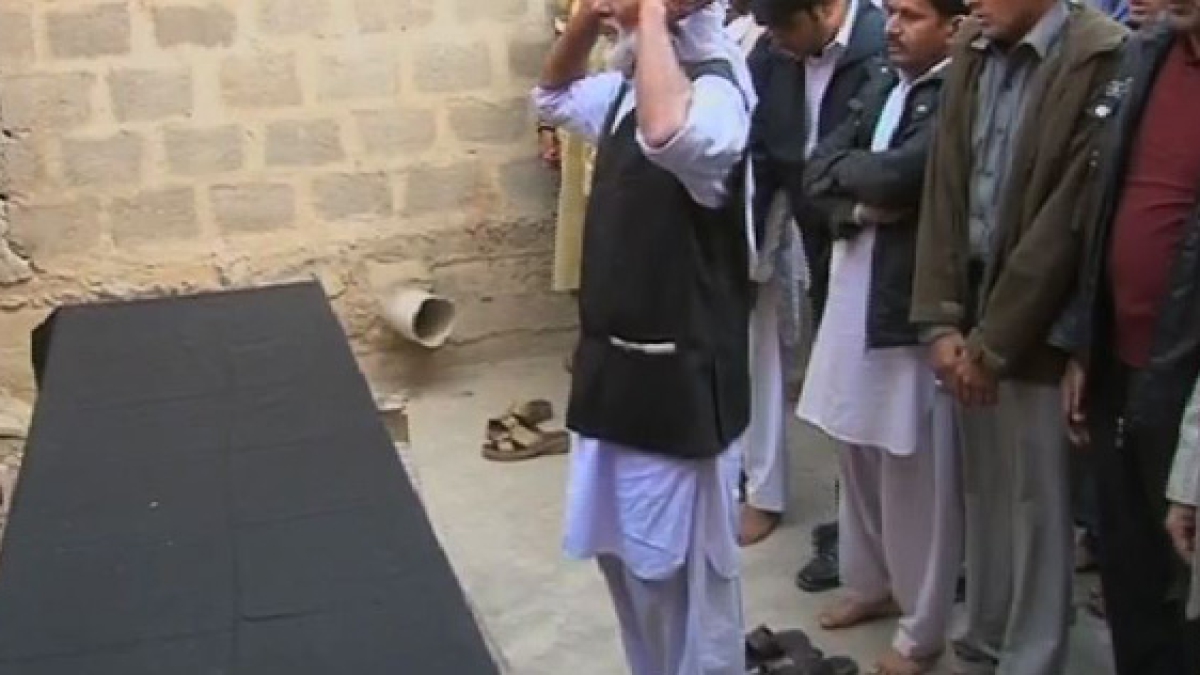The Call to Eternity

While life is indeed a priceless blessing, death puts an end to it, at least in this present, apparent world. How should a believer react to the phenomenon of death, specially when a close one has disappeared as a result? The question assumes considerable importance when the deceased appears to have received a 'premature call'.
No death, it should be clearly borne in mind, is premature. The decision of the time of death of each soul is already taken long before he is even actually born. It is all a part of the divine scheme of the All Knowing Allah. Anybody, therefore, who dies in his twenties, for instance, has lived the true length of his life as much as the other who has experienced a stay stretching over a period of a century or so. The former, as a consequence, would have 'overstayed' had he lived beyond his death-day; the latter would have died 'too early' had his departure been a few days earlier than what it actually turned out to be. Death of an individual should not, therefore, be carried beyond a reasonable expression of affection and sympathy for the deceased because, after all, it is only the consummation of an event which was pre-planned and could not have been otherwise.
The decision of the time of death, moreover, is taken by none else except the Merciful, Benevolent Allah. A believing reader of the Holy Qur'an cannot escape noticing the overwhelming emphasis on these attributes of the Almighty. How can such a Magnanimous, Deeply Loving Creator thrust upon his creatures a time of departure from this life when some other occasion could have been more appropriate? If that is not possible -- and indeed it is not -- then there is only one reasonable attitude a believer can adopt when he finds an incident actually appearing at an 'inopportune time': to conclude that his own intellect is incapable of appreciating the wisdom of the Almighty's decision. As a matter of fact, on many occasions, enlightened by the later events, we are able to correct our judgment about the timing of past events. The general principle always holds good, although on some other occasions we may not be able to catch the rationale of the Divine Wisdom. This complete confidence in the Wisdom and Mercy in all acts of God pacifies, to a great extent, the tragedy of death.
What behavior does the Almighty expect from His servants, apart from resolute patience, when death breaks the peace of an individual's routine life? It is quite obvious that the Merciful Creator wants to serve an effective notice to all those who have not received 'the call to eternity' as yet to remember death as consciously as possible. Man has been put into the trial of this short and uncertain life without any prior idea of its duration. This uncertainty of its length of time is a blessing, for it helps in keeping a true believer alert and vigilant. The colorful attractions of the world having the obvious advantage of being readily available, however, threaten the possibility of an individual to prudently take up the challenge of the trial of life. Man is firmly gripped by the clutches of this world. Death of a close one tends to remind him of life's uncertainty and to help him to break out from the firm trap of the world in case he is deserving enough. However, there are, unfortunately, very few who take this message of death seriously enough to be blessed with its real virtue.

















